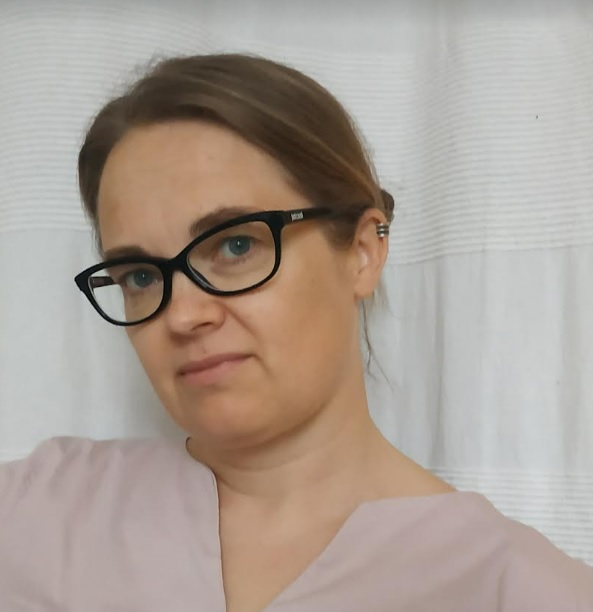Professor Magdalena Radkowska-Walkowicz

Associate Professor, Childhood Studies Interdisciplinary Research Team, University of Warsaw, Poland
Email: m.walkowicz@uw.edu.pl
Profile
I am an associate professor at the Institute of Ethnology and Cultural Anthropology of the University of Warsaw. My research sits at the intersection of medical anthropology, anthropology of reproductive technologies, and childhood studies. Currently I am conducting research on social aspects of congenital adrenal hyperplasia, rare genetic disease, focusing on social meanings of hormones, definitions of stress, and discourses on genital surgeries.